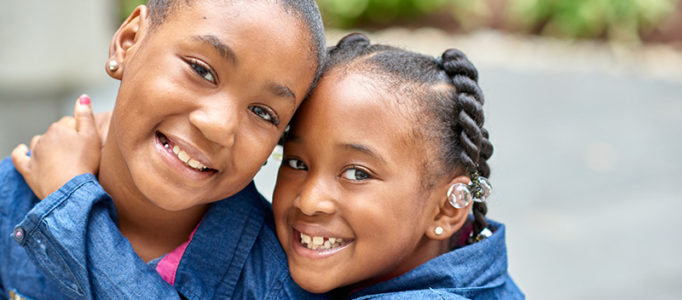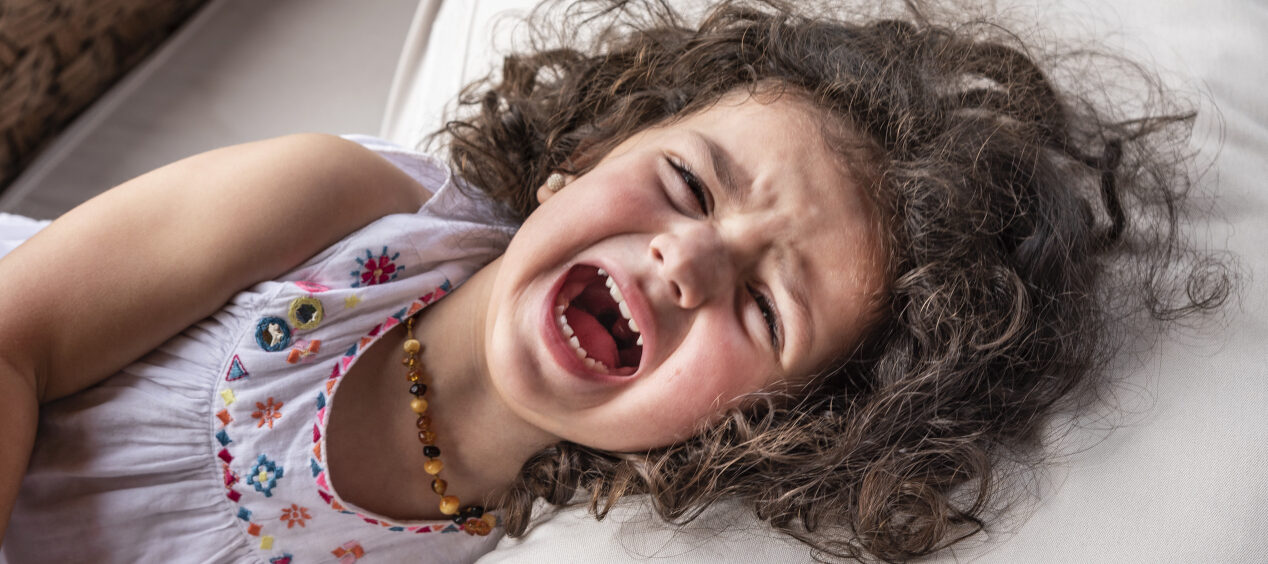Whether your child wants to make an elite soccer team, get an ‘A’ on a test, or simply make more friends, healthy self-confidence plays a key role in making it happen. What’s exciting about kids’ self-confidence is that we, as parents, have the ability to help shape it.
While we may not be able to make a positive impact overnight, capitalizing on daily or weekly opportunities will add up over time. It’s worth the effort, as self-confident kids typically grow into self-confident adults.
Here are a few bigger-picture suggestions for parents to help build self-confidence in children:
5 Bigger-Picture Suggestions To Help Build Kids’ Self-Confidence
-
Model self-confidence
Even if we don’t mean to, our kids pick up on everything we do and say. This includes both our positive and negative self-talk and actions. They hear us say things like, “I can’t do that. I’m terrible at math.” Or, “I’ve gained a lot of weight and am out of shape.” These are self-defining and deprecating statements. If we take those same sentiments, but tweak them to be more positive, children we see them as challenges. Instead say, “Math is challenging for me. But I’m going to keep trying until I understand it. Or, “I’ve set a goal for myself to become more healthy. I’ve noticed with each workout I’m getting stronger.”
-
Give the right kind of praise
It’s no secret that praising children helps them feel better about themselves and their work. But it’s not the quantity of praise that makes a difference. It’s the quality. And quality means highlighting their effort and process, not the end result. If your son gets an ‘A’ on a test, some parents might say, “You are so smart!” While this will certainly make them feel good in the moment, it is self-defining and limiting. If he gets a terrible grade on the next test, he may not feel smart anymore. And might give up before trying next time. An alternative statement could be, “You should be proud of that ‘A’. I saw how hard you studied for the test.” In this scenario, if he gets a bad grade on the next test, he may think about what he can do differently next time, rather than feeling defeated.
-
Challenge their negative thoughts
Some children make really grand, negative statements, which fuel their negative self-esteem. I like to call them automatic negative thoughts (ANTs). “I’m stupid. I’m failing math.” Or, “Nobody likes me. I have no friends.” Parents can help kids turn around these negative spirals by challenging their thoughts. Ask, “Is that really true? What’s your grade in math? A ‘C’? Well, that’s not failing. If you want to get your grade up, what do you think you can do to improve it?” Or, “Is it true that you have no friends? You went to Katie’s birthday party last weekend. There might be a couple of girls who don’t like you, but that’s okay. There are lots of other people who do.”
-
Encourage them to try
Low self-confidence can look different in each kid. But there is often an underlying theme among many of them: not willing to try. Your child wants to make a team, but refuses to go to the tryouts for fear of failing. If your child truly wants to play on this team, encourage him to try at least once. Things are not as usually as bad as we anticipate.
-
Teach them to accept failure and see it as an opportunity
This may be the most difficult but significant point in becoming more self-confident. Failure is hard. But it happens to everyone and is an important part of life. When we learn from it, we get better. Did your daughter fail to make an elite soccer team? Help her process it and think about the reasons why. You could say, “I know you’re disappointed you didn’t you didn’t make the team. With 80 girls trying out and only 10 making it, the competition was tough. And it also means that 69 other girls didn’t make it either. Were they bigger, stronger, faster than you? If you want to try out again, what do you think you need to improve? More running? Strength training?” Help kids make realistic short- and long-term goals. It may also help to clarify if soccer is really want she wants to be doing. Are there other sports or activities that she’s more interested in that would be a better fit?
On the flip side, I do think it’s worth noting a few things that can impact your kids’ self-confidence negatively. While no parent is perfect and we all yell from time to time, yelling, criticizing and insulting will grade on your kids’ self-confidence. Help them focus on what they can do better next time, rather than what didn’t go well.
Incorporating these suggestions whenever you see an opportunity will go a long way in helping your child become more self-confident. If you have serious concerns about your child’s self-confidence, or if it’s manifesting as anxiety or depression, talk to your child’s doctor. He or she may recommend a referral to a child psychologist.
For more information about our division of Behavioral Medicine and Clinical Psychology, please call 513-636-4336.





